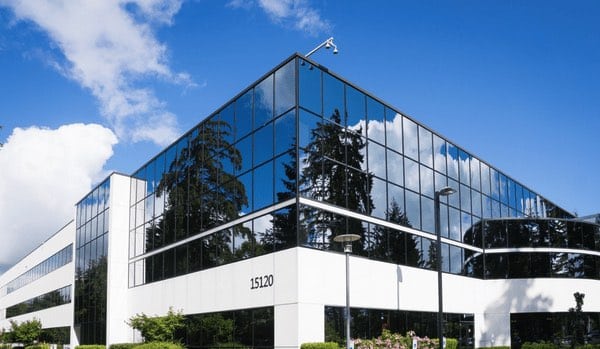Commercial property management involves a variety of responsibilities, from communicating with tenants to managing budgets. If you’re interested in becoming a property manager, read on to learn about the fundamental principles of commercial property management.
Marketing and renting out units
As a property manager, you’ll need to market your rentals to potential tenants. You’ll need to promote the positive attributes of the property and find a tenant whose needs align with what the property has to offer. This may require professional photography and various types of marketing, including word-of-mouth, direct mail, signage, social media and more. This insightful article from G2 shares more basic tips to start the process of becoming a commercial property manager.
Managing risk
All rental properties have some level of risk. As a property manager, you want to reduce that risk as much as possible. Building condition, number of vacancies, lease expiration dates, and other factors will affect the risk of the investment. You should do a risk assessment on any property that you manage every six months. This will help you identify risk early so you can mitigate it. Different risks might include location, interest rate, regulatory, macroeconomic and more.
Property maintenance
Maintenance on an older commercial property can start to become overwhelming and consistently require your attention. You need to plan for routine maintenance and repairs on all the systems in the building. It’s important to ensure that you have the budget to complete this maintenance, as well as trusted contractors who can complete the maintenance and repairs on time and under budget. There are a lot of helpful articles that help prepare you for the challenge.
Tenant spaces and common areas
Many commercial properties include both private and shared spaces, or common areas. Ensure that everyone is clear on the rules for common areas (lobbies, parking lots, restrooms, etc.). Managing conflicts between tenants may be necessary from time to time. STRATAFOLIO has perfected the common area maintenance (CAM) reconciliation process, and you can read more about that here.
End of lease
When a tenant’s lease is over, they have the opportunity to either renew it or move out. You will need to stay on top of lease expiration dates and remain in communication with tenants to find out their plans. You may need to renegotiate a lease agreement with different pricing or terms in order to keep a tenant. If a tenant doesn’t renew their lease, you will have to fill the vacancy by finding a new tenant.
Commercial property management is a great career to get into. It can be very rewarding to find the ideal tenant for a rental unit and build relationships with your commercial tenants over time. Hopefully, these basics of commercial property management have given you a better idea of the responsibilities involved in property management.
If you’re a property owner or commercial property manager, STRATAFOLIO can help you remember important dates, manage tenants, mitigate risk and much more. Schedule a 1:1 demo with us today!






